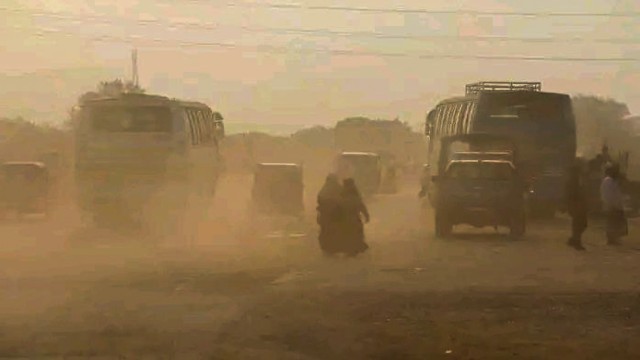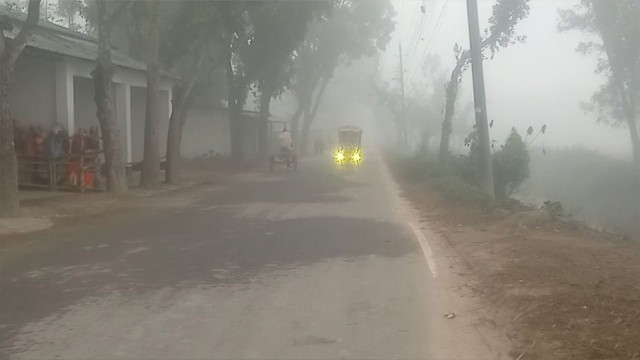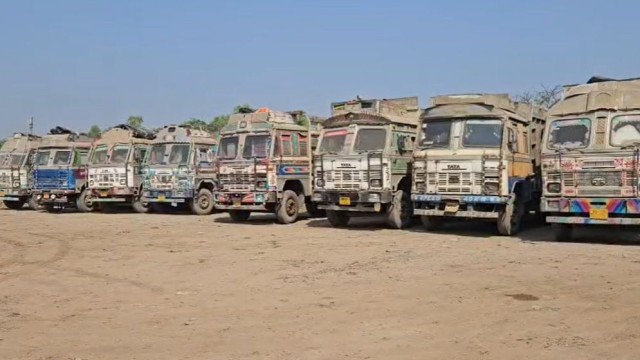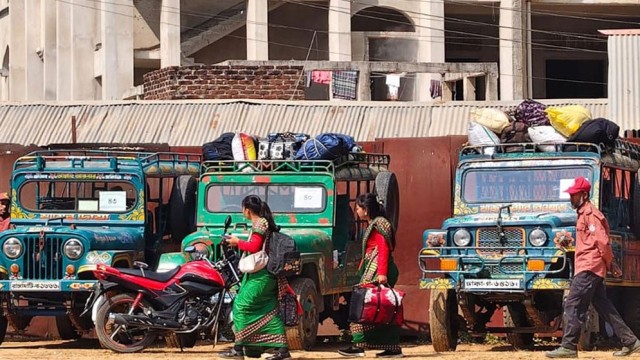Once again, Dhaka residents find themselves grappling with unhealthy air quality as the city claimed the unenviable title of the worst-ranked city globally in the Air Quality Index (AQI) on Sunday (March 3rd) morning, scoring a troubling 205 at 9 am. Classified as 'Very unhealthy', the air quality poses significant health risks to all individuals, necessitating precautionary measures to avoid outdoor activities.
With an AQI value surpassing 200, authorities advise people to refrain from any outdoor exertion to mitigate health hazards. Following Dhaka closely, Yangon (Myanmar), Kathmandu (Nepal), Hanoi (Vietnam) and Krakow (Poland) secured the second to fifth spots in the list, registering AQI scores of 162, 161,161 and 158 respectively.
The AQI serves as a crucial indicator of air quality, with readings between 101 and 200 considered "unhealthy" for sensitive groups, while levels between 201 and 300 are categorized as "poor." In Bangladesh, the AQI is determined by assessing five criteria pollutants, including Particulate Matter (PM10 and PM2.5), NO2, CO, SO2, and Ozone.
Dhaka's struggle with air pollution is longstanding, particularly exacerbated during winter months and ameliorating slightly during the monsoon season. Despite recurring efforts to address the issue, air quality in the city continues to deteriorate, posing significant health risks to its residents.
Studies have consistently linked air pollution to various health complications, including heart disease, respiratory ailments, lung infections, and cancer, According to the World Health Organization (WHO), air pollution contributes to an estimated seven million deaths annually worldwide. Primarily due to increased mortality from stroke, heart disease, lung cancer, and respiratory infections.
Given the dire consequences of air pollution on public health, concerted efforts are imperative to address and mitigate this pressing issue, safeguarding the well-being of communities in Dhaka and beyond.






























Comment: